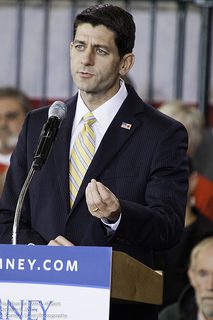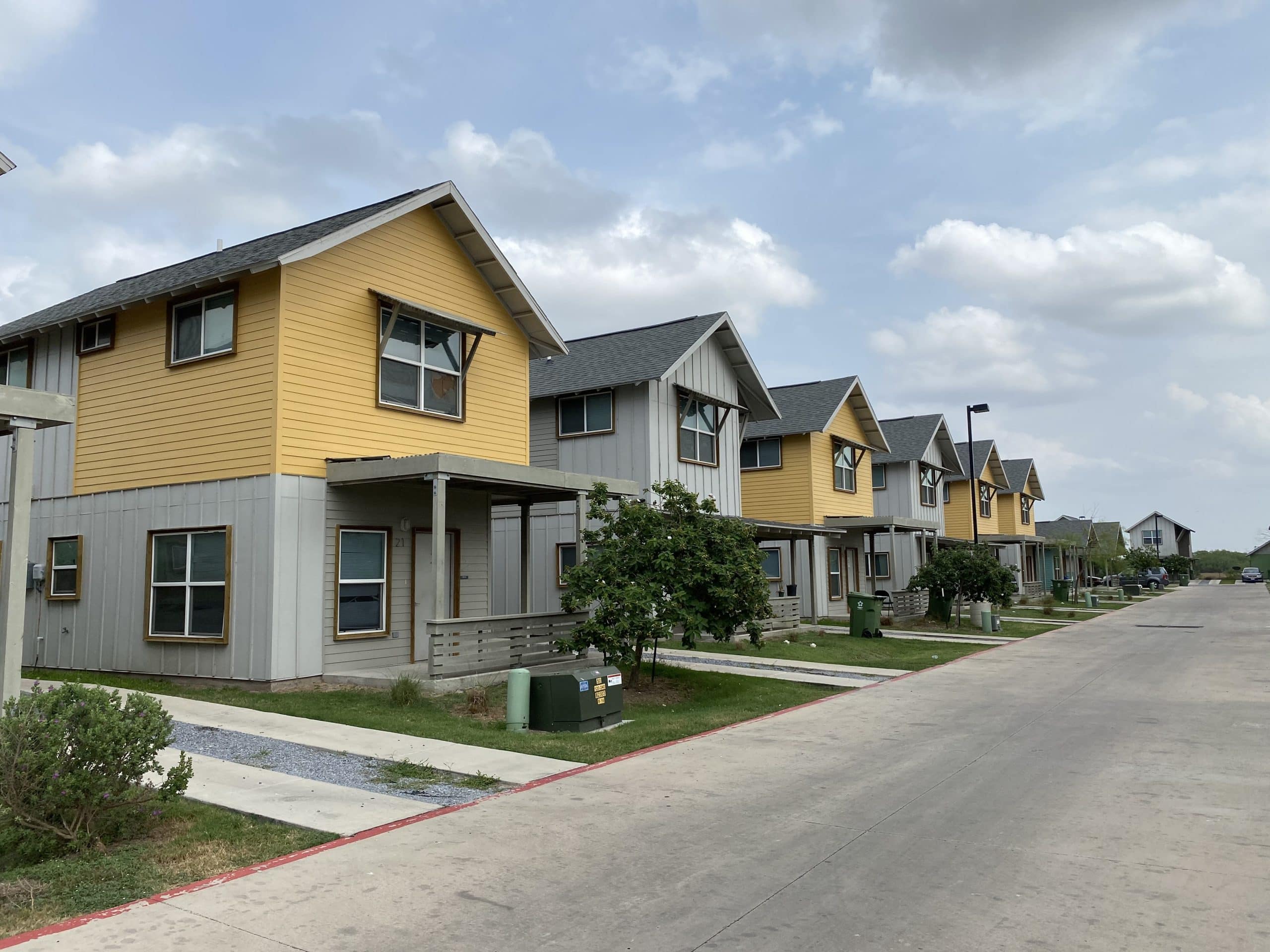
—Rep. Paul Ryan (R-Wis.), chairman of the House Budget Committee, interview on Fox News’ “On the Record,” July 31, 2013 (Source)
Last Wednesday, video blogger and failed vice presidential candidate, Paul Ryan, convened a hearing about the War on Poverty, saying that “we’re losing the War on Poverty … [a]nd we need to know why.”
Lyndon Johnson (or whoever it was in his administration who coined the term “War on Poverty”) didn’t do the anti-poverty cause any favors by declaring war on poverty. You can see where the terminology came from: If you declare War on something, you’re serious. You’re strong and masculine and martial. You intend to win. You’re not a soft, pencil-necked, weak-willed liberal. I can see the rationale in the “War on…” rhetorical device.
But, in hindsight, it was dumb to declare war on poverty. Not that poverty isn’t a serious problem. It is. Not that we shouldn’t be doing something to address the problems of people living in poverty. We should. But it was dumb to invoke the metaphor of war (I also think it was dumb to declare war on drugs and on terrorism, but that’s another story).
In declaring war, you set up clear expectations for victory or defeat. You leave yourself and your policies and ideas open for attack when, after you’ve had battled for a bit, there inevitably still is poverty.
We live in a mostly capitalist economy. We know that our economic system will produce winners and losers. We know we won’t ever have 100 percent employment because, for one, the Fed would make money tighter to slow the economy and slow inflation. So, we know that, no matter how good it gets, we will always have a segment of our population who is poor.
Knowing this, I believe we have a moral obligation to create a baseline quality of life for all—as well as to ensure that infrastructure supporting opportunity is robust and open to all.
Bottom line: Because of our economic system, we’re never going to eliminate poverty. Yet, we judge our social investments upon their failure to eliminate poverty. By creating this standard, by creating this impossible expectation, we doom our social investments to be labeled as failures.
We don’t shutter the fire department for failing to eliminate fires. We don’t give up on the police department because crime still persists. We still have hospitals and doctors even though people are still getting sick and injured. Like with fires, crime, and poor health, we want to do what we can to minimize poverty but we can’t expect to eliminate it completely.
Besides the general claim that we’re losing the War on Poverty, Ryan gins up urgency for his hearing by saying that we have the highest poverty rates in a generation. This is true. But this fact offers a deeper window to why it is stupid to lay the persistence of poverty at the feet of the War on Poverty.
The last time poverty rates were as high as they are now was in 1993, when we were also coming off of a recession. And before that, it was the early 1980s, also a period after an economic downturn.
The association, in this context, is simple and intuitive. Poverty rises when the economy does worse (Side Note: There is a growing body of evidence that the inverse is not necessarily true in the same way. Poverty does not necessarily decrease with a stronger economy or with higher levels of employment—a rising tide does not necessarily lift all boats).
Like having winners and losers, a cyclical economy is an inherent part of capitalism. Right before the turn of the millennium, tech triumphalists said that we had freed ourselves from a cyclical economy—and then the tech bubble burst. There will be times when the economy does better and times when the economy does worse. This means that, despite whatever progress we make to decrease poverty, we can always expect that there will be times when poverty rises.
We are coming out of the worst recession in most of our lifetimes. All stripes of Americans saw major increases in poverty in their communities.
The War on Poverty did not cause this recession. It doesn’t make any sense to blame the War on Poverty or any specific sub-program or movement growing out of the War on Poverty (Some people say community development has failed because poverty is as high now as it was in the early 1960s) for the recent run-up in the poverty rate in the wake of the recession.
It is counter to both logic and compassion—it boggles both head and heart—to cut anti-poverty programs precisely when they are needed the most. We shouldn’t be cutting the social safety net just because people still need the social safety net.
(Photo by Starley Shelton CC BY-NC-ND)






There is an employment crisis in America, as global capitalism is less willing to employ Americans, and when it is, it is less willing to provide financial security. However employment is how people are expected to connect with the economy, and afford to make consumer purchases that employ others. Education, middle class behaviors, and otherwise “playing by the rules” are increasingly necessary but less sufficient conditions to employment. Investors get more of the created wealth pie than employees, but the wealth of investors is highly skewed in favor of the wealthiest, with most people being limited or non-participants in investment wealth. The housing bubble showed the inability to fund a consumer economy with debt based on phantom home value wealth. The political dialogue pretends that employers will restore a prosperous economy if given a favorable “climate” but this does not appear to be realistic. We need to seriously recognize there is an employment crisis and think of ways to fight its impoverishment of the society. Ideas could include more public sector employment to provide the things capitalism does not, spreading investor wealth more broadly, or protecting lcoal economies against the global economy.
Great article, Josh!
While it is frustrating to hear Congressman Ryan say these things, it is even more frustrating when I hear progressive advocates saying virtually the same thing about the War on Poverty. The simple truth is that the War on Poverty was abandoned 45 years ago – so why do we continue to talk about it as if we actually did wage war on poverty for 50 years. We did not.